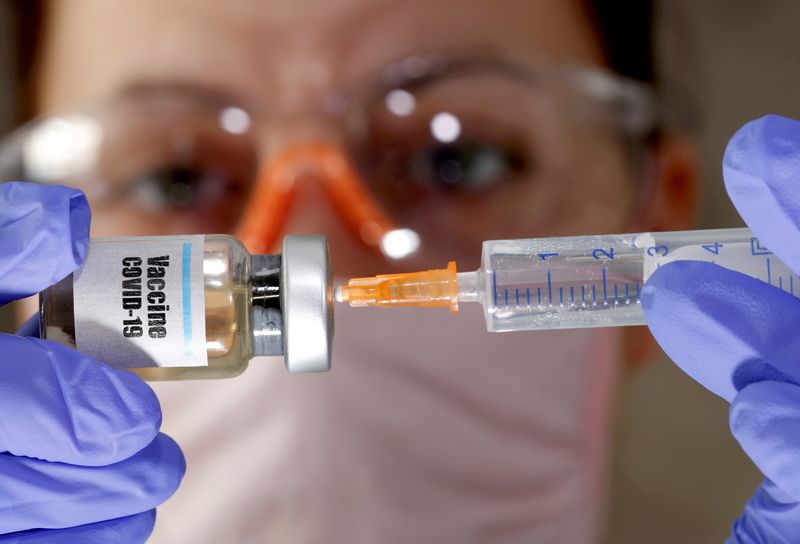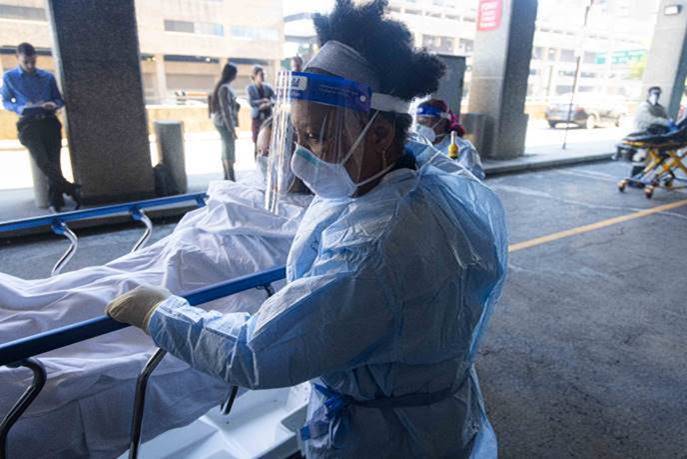LONDON (Reuters) – Britain is ready to roll out tens of millions of COVID-19 vaccines to the public with care-home residents and the elderly first in line for a jab that medics hope will allow the world to return to some semblance of normality.
News that a vaccine from Pfizer and BioNTech was more than 90% effective raised hopes that there may soon be an end to the lockdowns that have cast gloom across the world by shedding millions of jobs and upending normal life.
England’s Deputy Chief Medical Officer Jonathan Van-Tam said the country was ready to roll out a vaccine once regulators approved it as safe, quipping that he had told his 78-year-old mother to be ready for a jab.
“Do I think we will then move at pace to keep up with the volumes that are supplied to us? Yes I absolutely do,” Van-Tam told reporters, adding that he would love to be at the front of the queue for a vaccine but that high risk individuals should come first.
Van-Tam added that the government would not use any vaccine until the Medicines and Healthcare products Regulatory Agency (MHRA) had approved it.
“There is absolutely no chance that we will compromise on standards of safety or effectiveness,” MHRA CEO June Raine said.
Asked if people should be able to jump the queue by buying a vaccine, Van-Tam said that wealth should not be a determinant for getting a vaccine.
“I think these vaccines, need to be prioritised to those who need them, and not those who can afford to pay for them privately,” he said.
Britain has ordered a total of 350 million doses of the vaccines in development, including 40 million shots of Pfizer’s jab. Trial data from a competing vaccine developed by Oxford University and AstraZeneca is expected in the coming weeks.
“At the very top of our priority list is care home residents and people who work in care homes,” said Professor Wei Shen Lim, a member of the Joint Committee on Vaccination and Immunisation which advises the government on immunisation.
Lim said that next in line would be those above 60 and then adults with underlying health conditions.
(Reporting by Guy Faulconbridge and Paul Sandle; editing by Sarah Young)























